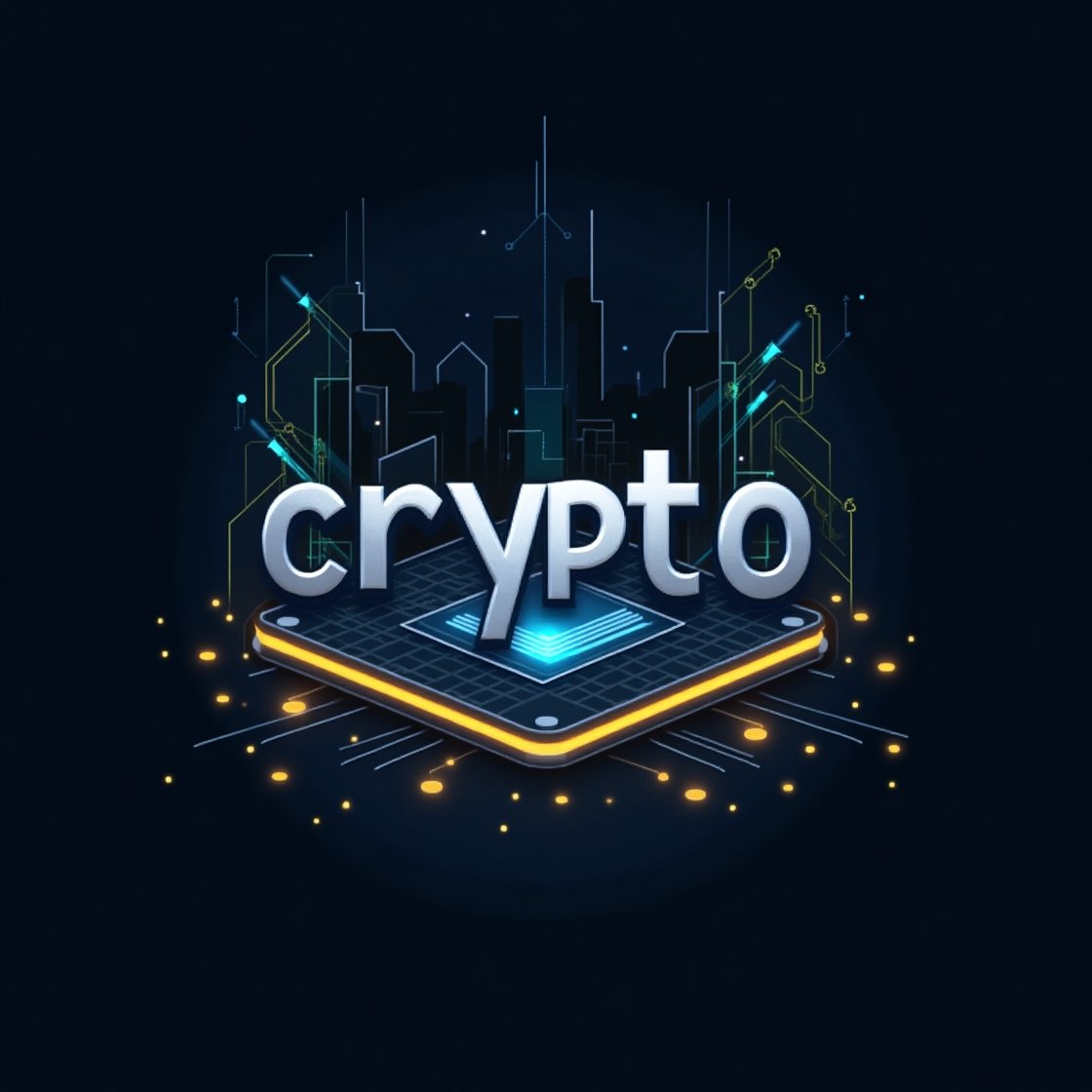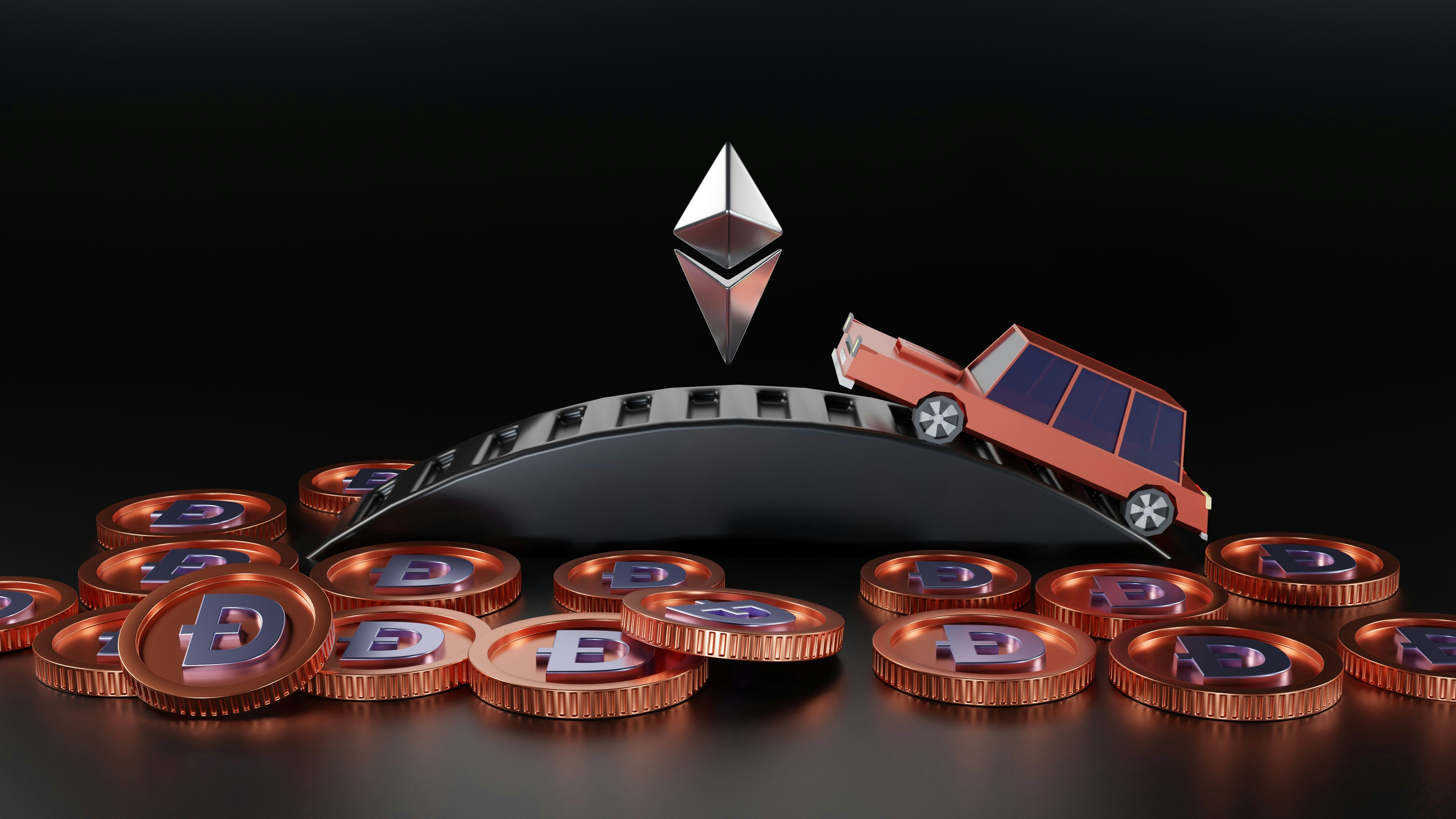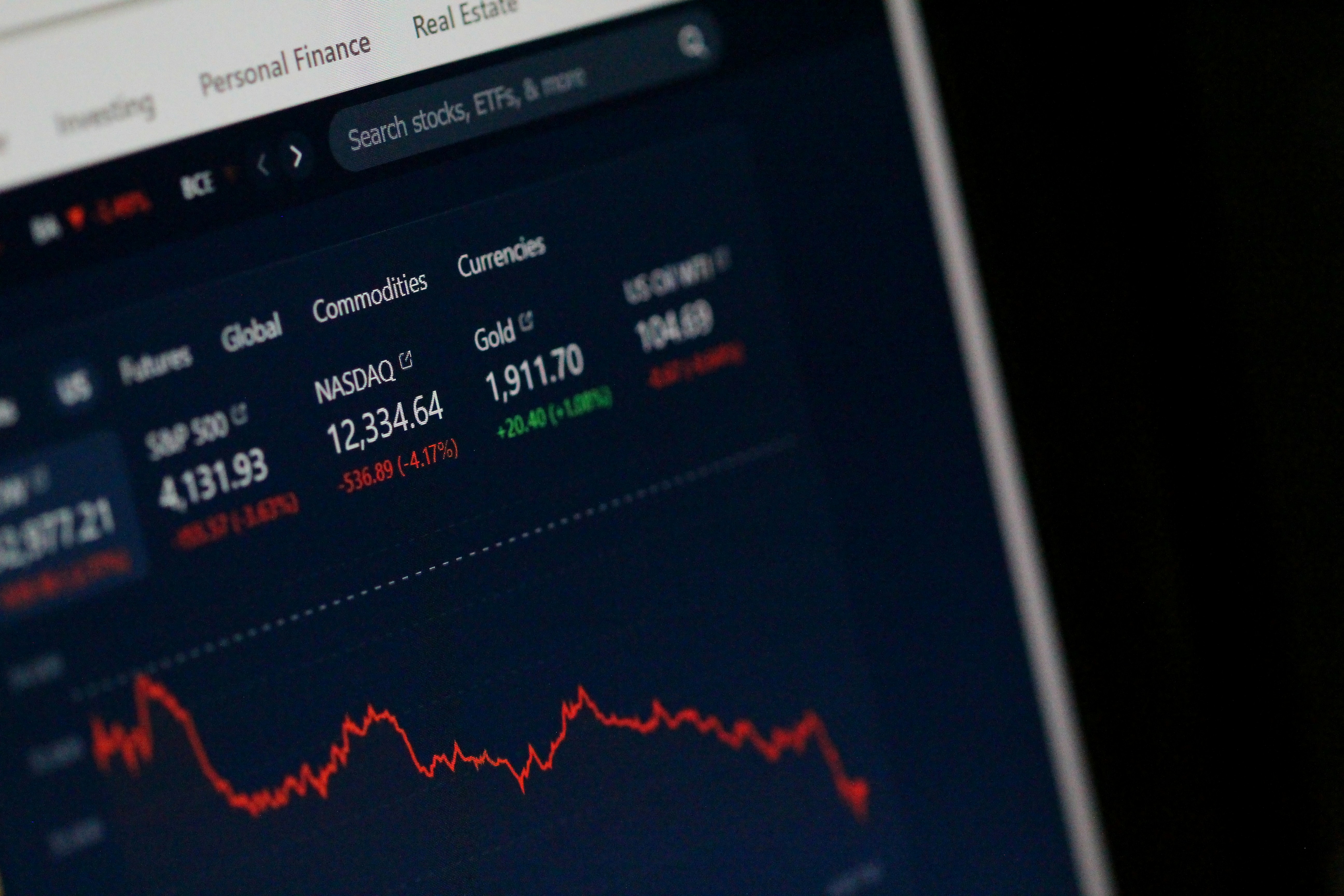
A digital asset business is a company that provides services for the buying, selling, and management of digital assets. These assets, which exist in a digital format and have value, can range from cryptocurrencies like Bitcoin to non-fungible tokens (NFTs) and even digital representations of real-world assets.
In recent years, the world of digital assets has exploded from a niche interest into a multi-trillion dollar industry. But what exactly are these digital assets, and what do the businesses that deal with them do? Let’s break it down.

A digital asset is anything that is created and stored digitally, is identifiable and discoverable, and has or provides value. This broad definition covers a wide range of items, including:
•Cryptocurrencies: These are digital or virtual tokens that use cryptography for security. Bitcoin and Ethereum are the most well-known examples.
•Non-Fungible Tokens (NFTs): These are unique digital assets that represent ownership of a specific item or piece of content, such as art, music, or even a tweet.
•Security Tokens: These are digital assets that represent ownership of a real-world asset, such as a share in a company or a piece of real estate.
•Utility Tokens: These tokens provide users with access to a product or service.
The Business of Digital Assets
Digital asset businesses have emerged to facilitate the creation, exchange, and management of these assets. These businesses can take many forms, including:
•Cryptocurrency Exchanges: These are platforms where users can buy, sell, and trade cryptocurrencies. Coinbase and Binance are two of the largest exchanges.
•NFT Marketplaces: These are online platforms where users can buy, sell, and mint NFTs. OpenSea is the most popular NFT marketplace.
•Digital Asset Custodians: These are companies that securely store digital assets on behalf of their clients. They provide a safe and secure way to hold large amounts of cryptocurrency and other digital assets.
•Digital Asset Management Firms: These firms help individuals and institutions manage their digital asset portfolios. They provide a range of services, from investment advice to portfolio rebalancing.
The Future of Digital Assets
The digital asset industry is still in its early stages, but it is growing at an incredible pace. As the world becomes increasingly digital, it is likely that we will see even more innovation in the digital asset space. Some of the key trends to watch for include:
•Tokenization of Real-World Assets: This is the process of creating a digital representation of a real-world asset on a blockchain. This could unlock trillions of dollars in illiquid assets, such as real estate and private equity.
•The Growth of Decentralized Finance (DeFi): DeFi is a new financial system that is being built on top of blockchain technology. It has the potential to create a more open, transparent, and efficient financial system.
•Increased Institutional Adoption: As the digital asset market matures, we are likely to see more institutional investors, such as pension funds and hedge funds, enter the space.
Conclusion
The digital asset business is a rapidly growing and exciting industry. As the world becomes more digital, it is likely that we will see even more innovation in this space. Whether you are an investor, an entrepreneur, or simply a curious observer, it is an industry that is worth paying attention to.
FAQs
Q: What are the risks associated with digital assets?
A: Digital assets are subject to price volatility, regulatory uncertainty, and cybersecurity risks. It’s crucial to do thorough research and understand these risks before investing.
Q: How do I store digital assets securely?
A: Digital assets can be stored in various ways, including hardware wallets (physical devices), software wallets (applications), and custodial services provided by exchanges or specialized firms. Each method has different levels of security and convenience.
Q: Are digital assets regulated?
A: Regulation of digital assets varies significantly by country and jurisdiction. Some countries have established clear frameworks, while others are still developing their approach. It’s an evolving landscape.
Q: Can I create my own digital assets?
A: Yes, with the right technical knowledge and tools, individuals and businesses can create their own digital assets, especially NFTs and various types of tokens on blockchain platforms.
Q: What is the difference between a cryptocurrency and a digital asset?
A: A cryptocurrency is a type of digital asset that uses cryptography for security and operates on a blockchain. All cryptocurrencies are digital assets, but not all digital assets are cryptocurrencies. For example, an NFT is a digital asset but not a cryptocurrency.
RELATED POSTS
View all


